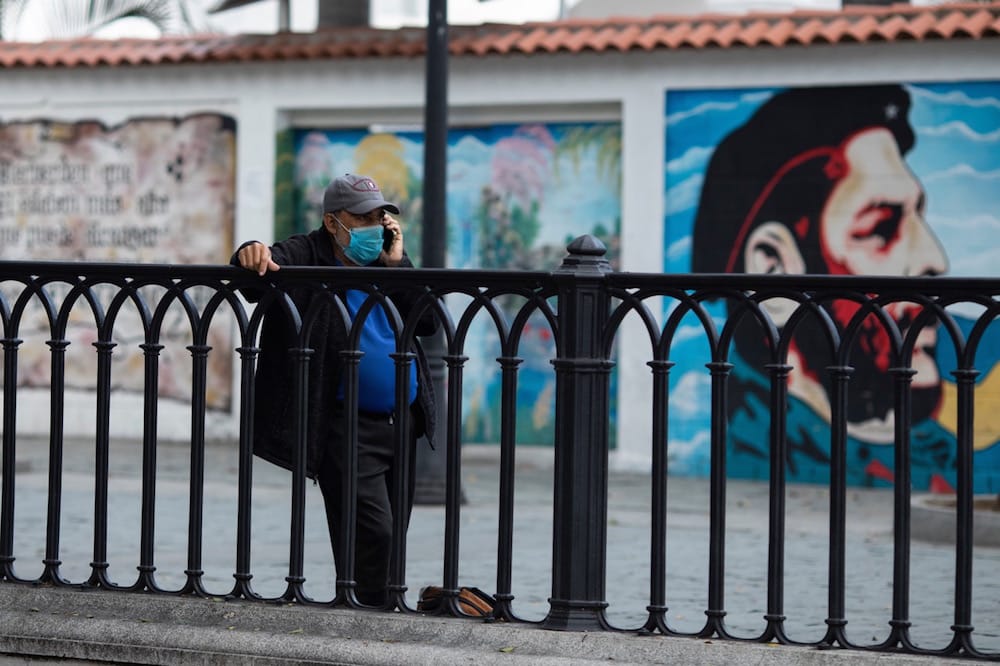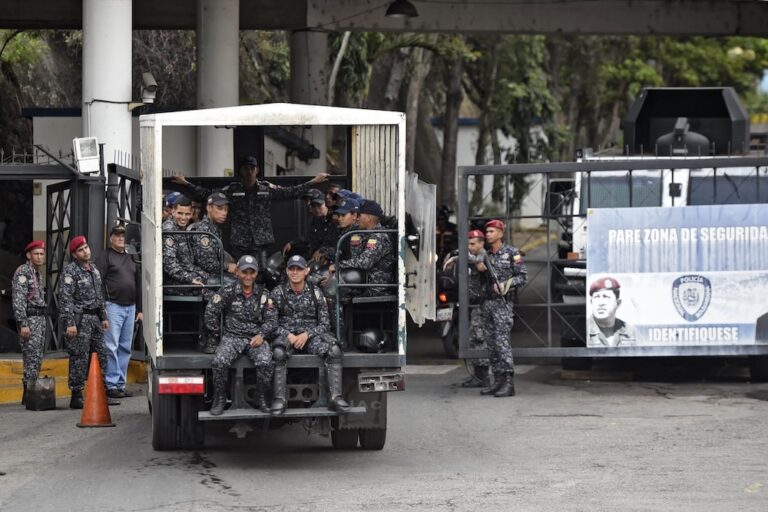Fresh blocks on a handful of Venezuela's few remaining independent news websites are a troubling sign of escalating press censorship.
This statement was originally published on cpj.org on 4 February 2022.
Fresh blocks on a handful of Venezuela’s few remaining independent news websites are a troubling sign of escalating press censorship, the Committee to Protect Journalists said Friday.
Journalists and experts say private internet service providers (ISPs) are censoring the sites for the first time, though they have been unavailable on state-run networks for years.
On Tuesday, February 1 private ISPs Movistar, Digitel, Inter, NetUno, and Supercable began blocking access to news websites Efecto Cocuyo and Crónica Uno and EVTV Miami, a streaming station that reports on Venezuela, according to Venezuela Sin Filtro, a watchdog project that monitors internet censorship.
“This is a total blockage,” Celina Cárquez, editorial director of Crónica Uno, told CPJ via messaging app. “The links do not open. This has never happened to us before.” Efecto Cocuyo and EVTV Miami also reported on their websites that the blocking had been extended to more networks.
“We are very concerned to see private firms apparently carrying out state censorship,” said Carlos Martínez de la Serna, CPJ’s program director, in New York. “Authorities in Venezuela have decimated the traditional media landscape, and independent news websites are among the only sources of information left.”
CANTV, the state-run ISP, has blocked various news websites that are critical of the country’s authoritarian government for more than 10 years, but they remained accessible on the 25% of residential internet connections provided by private companies until recently, Andrés Azpurua, coordinator of Venezuela Sin Filtro, told CPJ via messaging app.
During regional elections last November, private ISPs blocked 35 independent news websites. It is unclear how many remain blocked to the general public, as some private ISPs allow access and others do not.
Luis Carlos Díaz, president of the Venezuelan chapter of Internet Society, which promotes open access to the internet, told CPJ by messaging app that private ISPs are under government orders to block these websites and that non-compliance could lead to their closure.
“This is a very serious attack on press freedom because it will cause these news organizations to lose part of their audience and then to lose financing,” Díaz said.
CPJ called each of the five companies but the phone rang unanswered. CONATEL, the government telecommunications regulator, has not spoken publicly on the recent string of blockages and CPJ’s calls, and email seeking comment were not answered. ISPs have a strong tradition of not speaking about their relationship with the government, according to Diaz and Venezuela Sin Filtro.
The National Union of Press Workers, a Venezuelan press freedom association, denounced the blockages on Wednesday in a Twitter thread, saying that the government of President Nicolás Maduro has spent years clamping down on news websites to “limit access to objective news.”
Independent news websites have become more important in Venezuela, as President Nicolás Maduro’s government moves to reduce the influence of independent newspapers, TV, and radio stations through fines, defamation lawsuits, advertising boycotts, closures, and other measures, according to CPJ research.
Over the past years, CPJ has documented the blockage of independent news websites in Venezuela.



